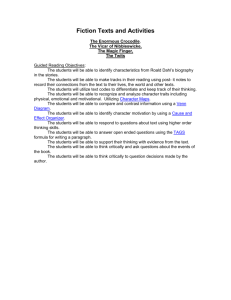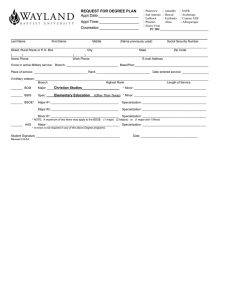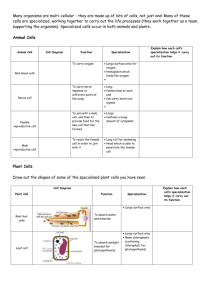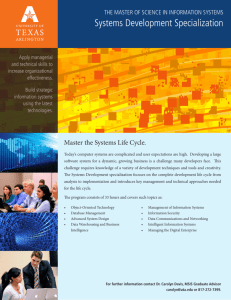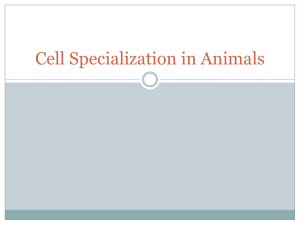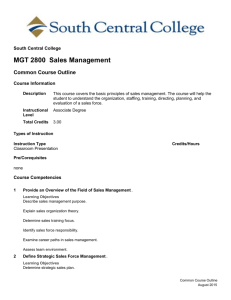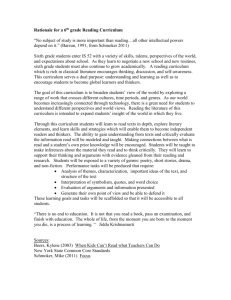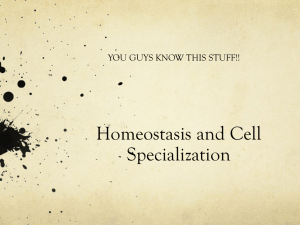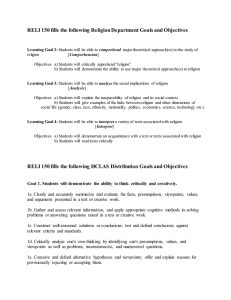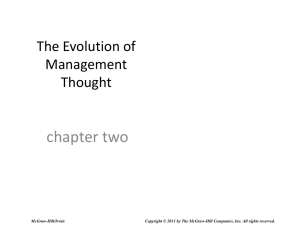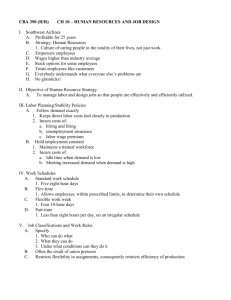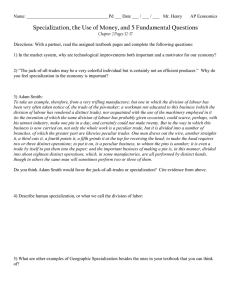Program Learning Outcomes
advertisement
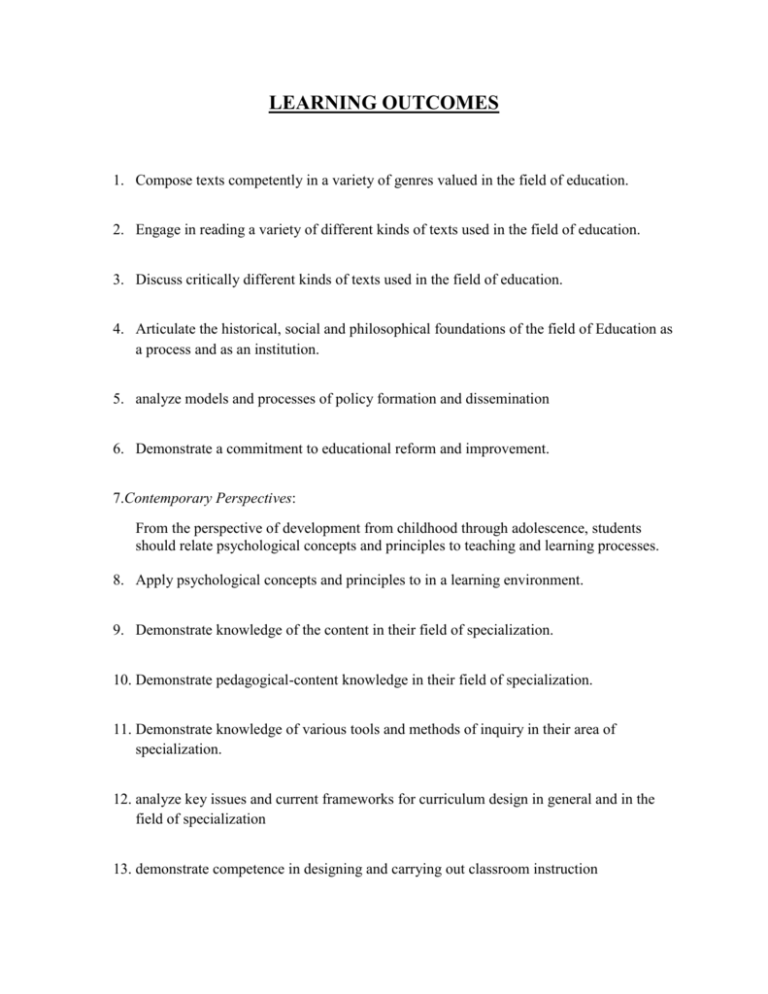
LEARNING OUTCOMES 1. Compose texts competently in a variety of genres valued in the field of education. 2. Engage in reading a variety of different kinds of texts used in the field of education. 3. Discuss critically different kinds of texts used in the field of education. 4. Articulate the historical, social and philosophical foundations of the field of Education as a process and as an institution. 5. analyze models and processes of policy formation and dissemination 6. Demonstrate a commitment to educational reform and improvement. 7.Contemporary Perspectives: From the perspective of development from childhood through adolescence, students should relate psychological concepts and principles to teaching and learning processes. 8. Apply psychological concepts and principles to in a learning environment. 9. Demonstrate knowledge of the content in their field of specialization. 10. Demonstrate pedagogical-content knowledge in their field of specialization. 11. Demonstrate knowledge of various tools and methods of inquiry in their area of specialization. 12. analyze key issues and current frameworks for curriculum design in general and in the field of specialization 13. demonstrate competence in designing and carrying out classroom instruction 14. Critically reflect on their own practice and the practice of others on an ongoing basis. 15. Use their reflections to improve their future practice. 16. Demonstrate awareness to educational issues in the community. Demonstrate commitment to community service. 17. Students will commit to professional development and life long learning 18. Students will demonstrate openness to multiple perspectives on educational issues 19. Students will conduct themselves according to the values and ethics of the profession at all times 20. Students will identify and connect to the larger community of professional educators 21. Students will develop an appropriate level of commitment and a professional attitude toward teaching
